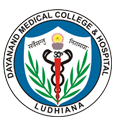|
DMC&H Comprehensive Epilepsy Care Unit
Dayanand Medical College & Hospital has one of the most modern and high volume comprehensive programs for epilepsy in North India. It provides a range of medical and surgical treatments for epilepsy in adults, older people and children. The Comprehensive Epilepsy Care Unit comprises of a range of multi-disciplinary experts committed to the provision of ‘state of art’ care by the application of advanced diagnostic and therapeutic approaches.
Our team comprises of the following:
All team members as follows:
-
 Professor Gagandeep Singh, DM (Neurology), FAMS, FRCP (London) Professor Gagandeep Singh, DM (Neurology), FAMS, FRCP (London)
Hon. Assoc. Professor, Department of Clinical & Experimental Epilepsy, UCL-Institute of Neurology, Queen Square, London, UK
Chairperson, Education Council, International League Against Epilepsy
President-Elect, Indian Epilepsy Association
-
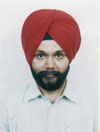 Professor Jatinder Singh Goraya, FRCP (Canada) Professor Jatinder Singh Goraya, FRCP (Canada)
Paediatric Neurologist, Professor Pediatrics Neurology, DMC&H
Fellow Royal College of physician of Canada
Fellow Royal Society of Medicine (UK)
-
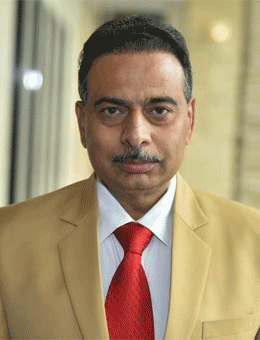 Professor Ashwani K Chaudhary, MCh (PGIMER, Chandigarh) Professor Ashwani K Chaudhary, MCh (PGIMER, Chandigarh)
Professor & Head, Department of Neurosurgery, DMC&H
More than 25years ofexperience in Neurosurgery
Special interest in neurovascular, tumor, spine, epilepsy surgery and post head injury epilepsy
Fellow Barrow Neurological Institute, Pheonix, USA (Prof. Spetzter), University of Cincinnati OHIO, USA (Prof. J. Tew), Hannover School of Medicine and Klinikum Hannover Nordstadt, Germany (Prof. Majid Samii), Univeristy Hospital, Ljubljana, Slovania (Prof. V. Dolene)
-
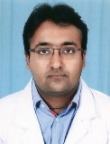 Dr. Hanish Bansal, MCh Dr. Hanish Bansal, MCh
Associate Professor
Former Epilepsy Fellow, Westmead Hospital, Sydney
Former Fellow, King College London
Former fellow , NIMHANS Bangalore
-
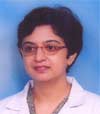 Professor Kavita Saggar, MD Professor Kavita Saggar, MD
Head, Departmemnt of Radiodiagnosis
Fellow of Indian College of Radiology & Imaging
-
 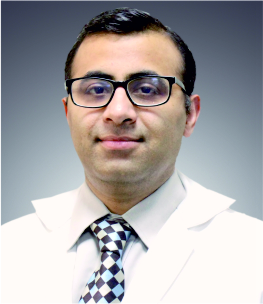 Dr. Puneet Bhutani, MD Dr. Puneet Bhutani, MD
Sr. Consultant Nuclear Medicine and PETC, DNB
Member SNMI, ANMPI India
-
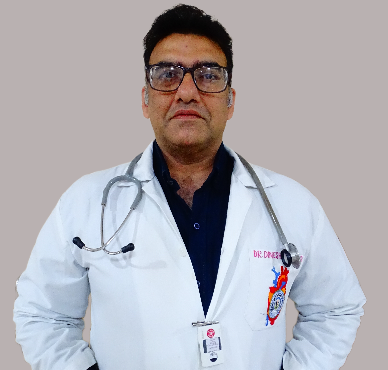 Dr. Dinesh Kaushal, MD Dr. Dinesh Kaushal, MD
Consultant Nuclear Medicine
MBBS(MAMC, Delhi), DRM, (INMAS, Delhi), Sr residency (Batra hospital, Delhi), Poster presentation in Epilepsy at DMC&H conference
16 years of experience in Nuclear medicine
-
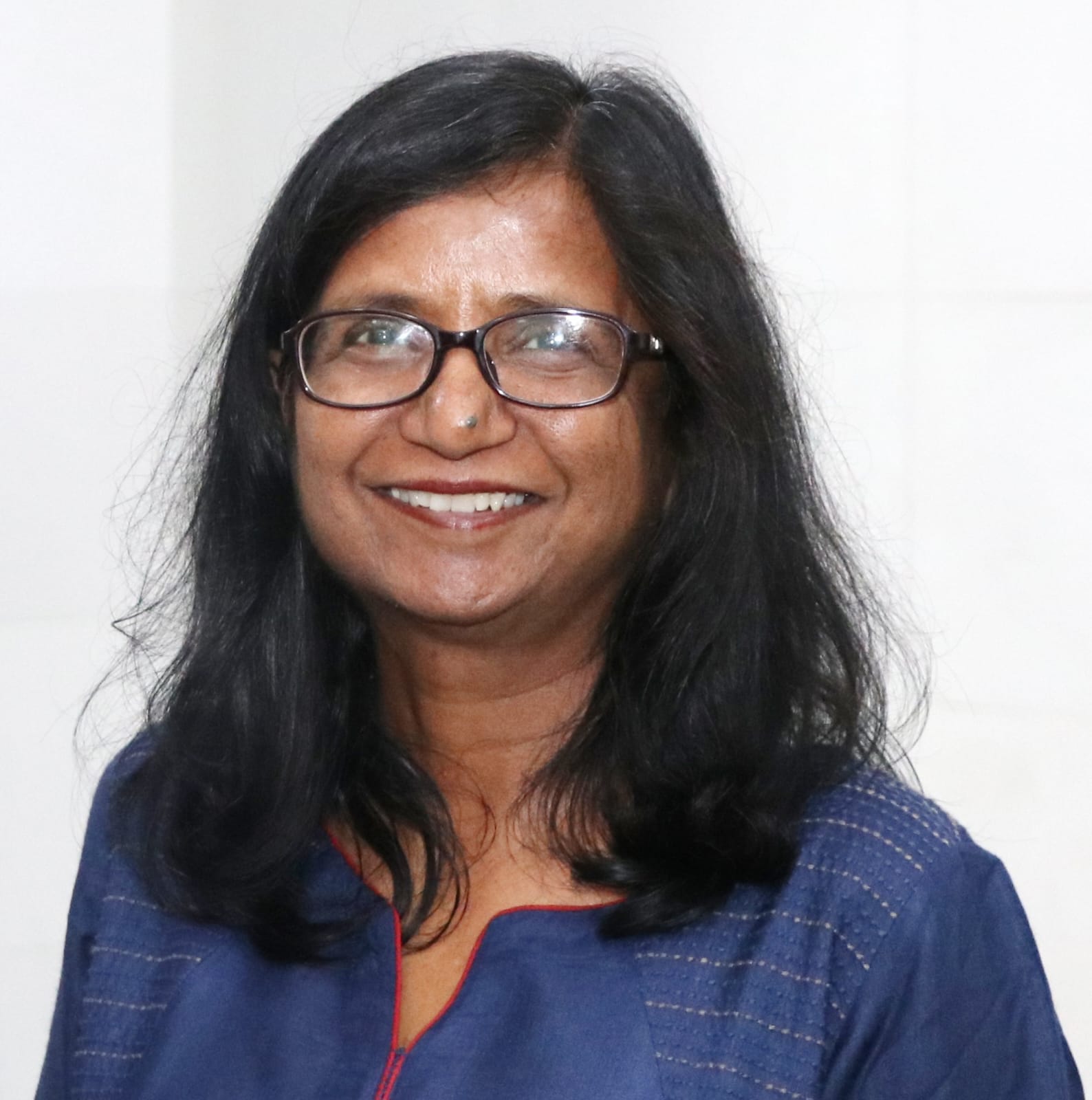 Dr. Parveen Goel Dr. Parveen Goel
Neuropsychologist
Specialist Course, “Neuropsychology in Epilepsy”, under the aegis of International League Against Epilepsy (France and Vietnam)
-
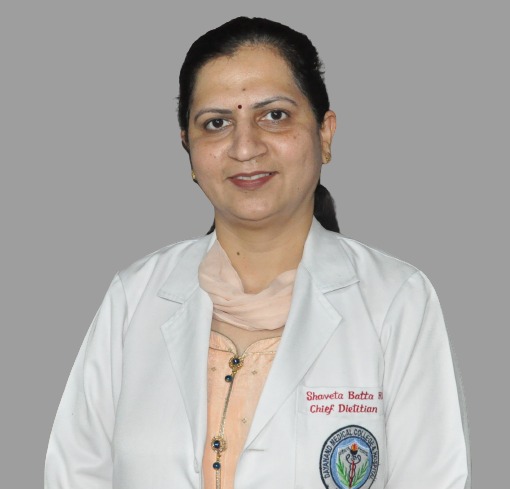 Dr. Shaveta Batta Dr. Shaveta Batta
Dietician – Specialist in Ketogenic Diet
RD MSc PGDND CDE
Low FODMAP Diet Expert
Chief Dietitian DMC&H
-
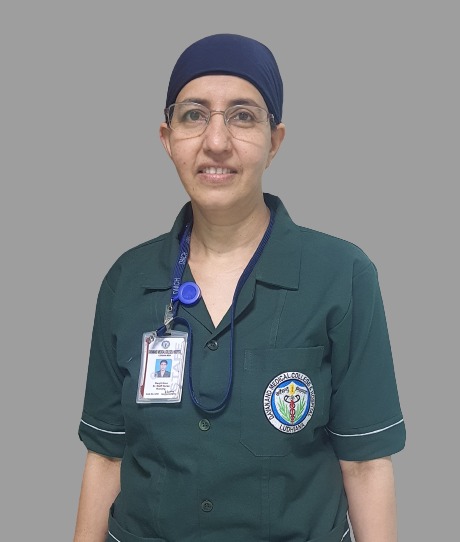 Ms. Ranjit Kour Ms. Ranjit Kour
Epilepsy Specialist Nurse
B.Sc. Nursing course in epilepsy care from Bangalore University. Currently posted in epilepsy posted in epilepsy monitoring unit, refractory epilepsy clinic DMC&H
What we offer:
Diagnostic facilities:
o Routine awake and sleep EEG tests for epilepsy diagnosis and classification
o 24 hour ambulatory EEG
o In-patient Video EEG Telemetry
o Continuous EEG in the Intensive Care Unit
o Electro-corticography
o Epilepsy protocol MRI
o Advanced Epilepsy Imaging including Hippocampal volumetry, Relaxometry, Arterial Spin Labelling, MR Spectrography, Tractography, Functional MRI, and PET co-registration.
o Ictal and Interictal SPECT during video EEG telemetry
o FDG PET imaging
o Tilt table testing for syncope
Therapeutic facilities:
o EEG guided treatment of status epilepticus using anaesthetic agents under continuous EEG monitoring
o We offer a complete range of medical treatments available and comprehensive care especially when epilepsy is not controlled with usual medications (also known as drug-resistant epilepsy). This care is provided at a weekly Epilepsy Clinic held every Wednesday.
o Surgical treatments for epilepsy including standard and electro-corticographic guided temporal lobe resections and lesionectomies.
o Vagus nerve stimulation as a palliative procedure for drug-resistant epilepsy
Number of epilepsy surgeries performed so far: 79 (Ticking number)
Dietary treatments for drug-resistant epilepsy in children, adults and also for status epilepticus. This includes the Ketogenic diet, modified Ketogenic diet and the Atkin’s diet. When seizures are not controlled with medication, especially in children, the ketogenic diet is a useful option.
Our 24 x 7 helpline, 99153 55100 is available for emergency advice to people with epilepsy should they have seizures.
We offer teleconsultation for our registered patients. If you would like to book a teleconsultation appointment,
please call 90564 99930, 90564 99931, 90564 99932
FAQs
Q:What is video-EEG telemetry and what preparations are required for this test?
A routine EEG is done over ½ to 2 hours. In video EEG telemetry, the EEG is done continuously over a long-term in a special and comfortable room, from 1-2 days to 7-10 days depending on how frequently seizures occur. The idea is to capture the seizures by video as well as to examine the EEG to see which part of the brain do the seizures arise from. This helps in determining whether the brain area from which seizures arise can be operated or not.
Q:What is an epilepsy protocol MRI?
MRI protocol for epilepsy in group of MRI sequences put together to improve the sensitivity in identifying possible structural abnormalities underlying epilepsy. An epilepsy protocol MRI is different from a standard brain MRI because the pictures are focused to look in the structures of the brain that are most likely to cause seizures. This test is done to identify areas of scar tissue, brain lesions or changes in normal brain tissue that could cause seizures. MRI with a dedicated seizures protocol significantly increase the chances of identifying a cause, resulting in positive clinical impact on the management of these patients.
Q: Why is neuropsychology performed in people with epilepsy
People with epilepsy often have profound neuropsychological problems. Sometimes comorbid neuropsychiatric conditions may also be present. This needs proper psychological assessment. In addition, formal neuropsychological assessment of language and memory functions is an integral part of decision making prior to epilepsy surgery. This is accomplished by a trained neuropsychologist with expertise in pre and postsurgical workup and who is a member of the epilepsy surgery team. The assessment of language and memory functions is also important after surgery.
Alongside the routine epilepsy care, the neuropsychologist, therefore, has a more specialist role in the pre and postoperative evaluation of epilepsy surgery patients, as follows:
Role of presurgical assessment:
· Establish a baseline against which change can be measured following surgery
· Contribution to seizure characterization and lateralization/localization
· Identification of cognitive risk and prediction of cognitive outcome following surgery
· Preoperative counselling and feedback to the patient and family
Role of postsurgical assessment:
· Assess the cognitive sequelae of epilepsy surgery; serial evaluation at 6- and 12-months following surgery is mandatory
· Postoperative outcome in terms of seizure control
· Identify and address, if any, the development of de novo psychiatric symptoms like depression and anxiety
· Assessment of quality of life parameters post-surgery
·
|
